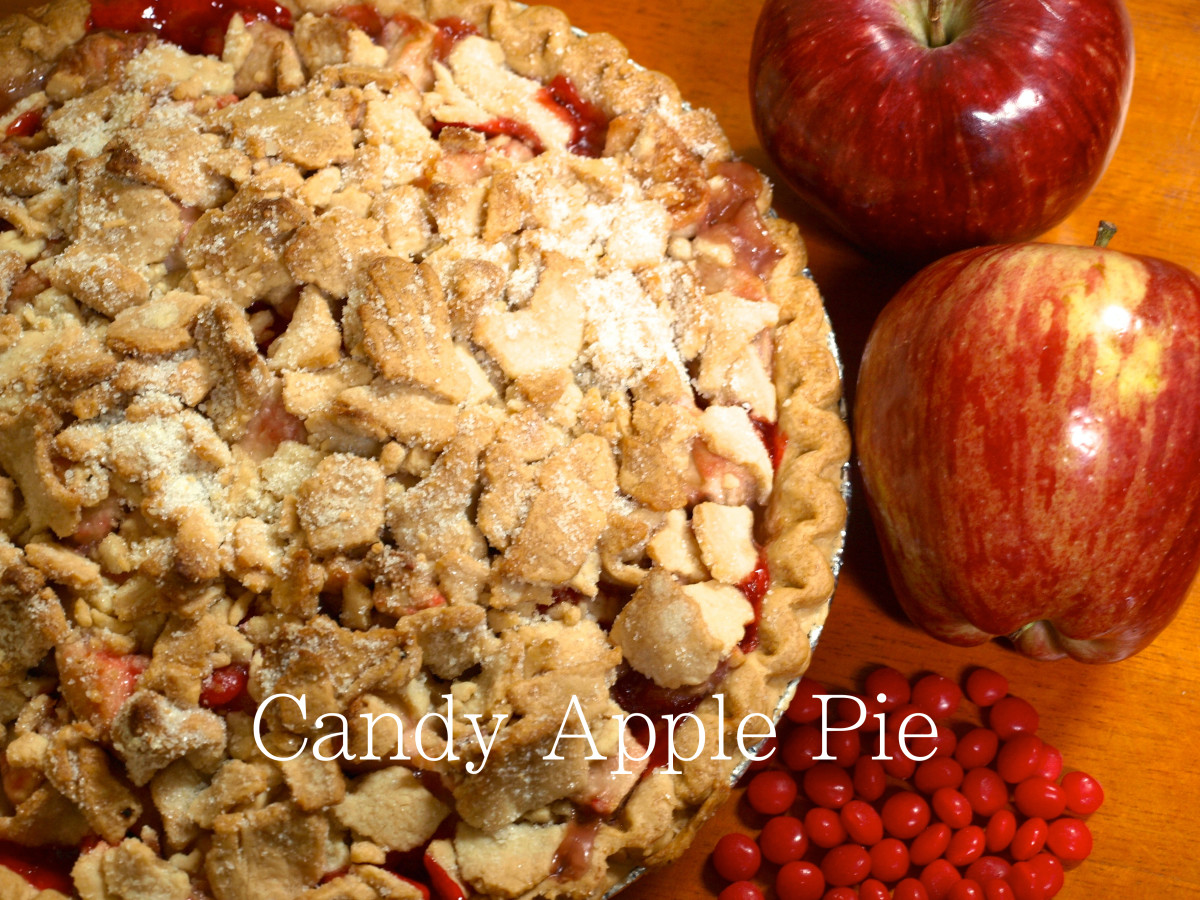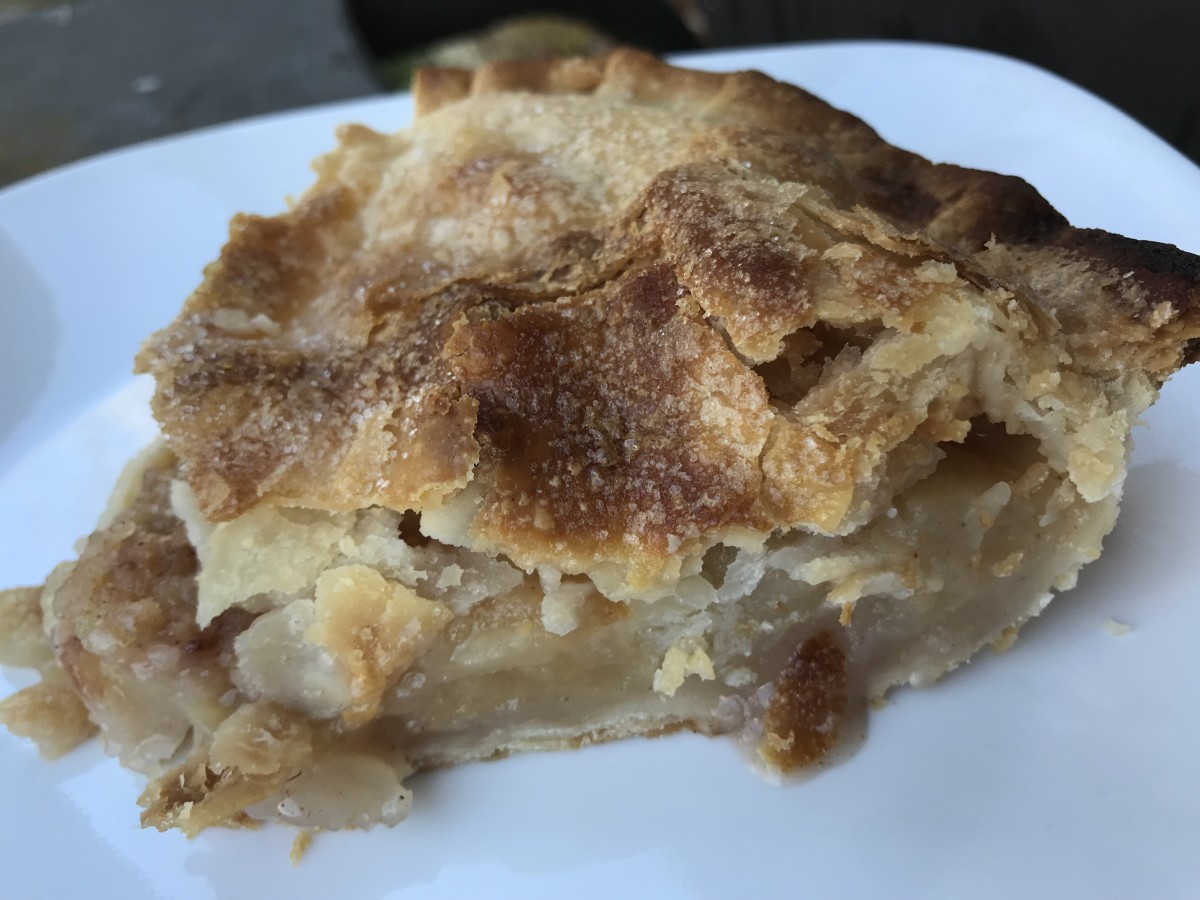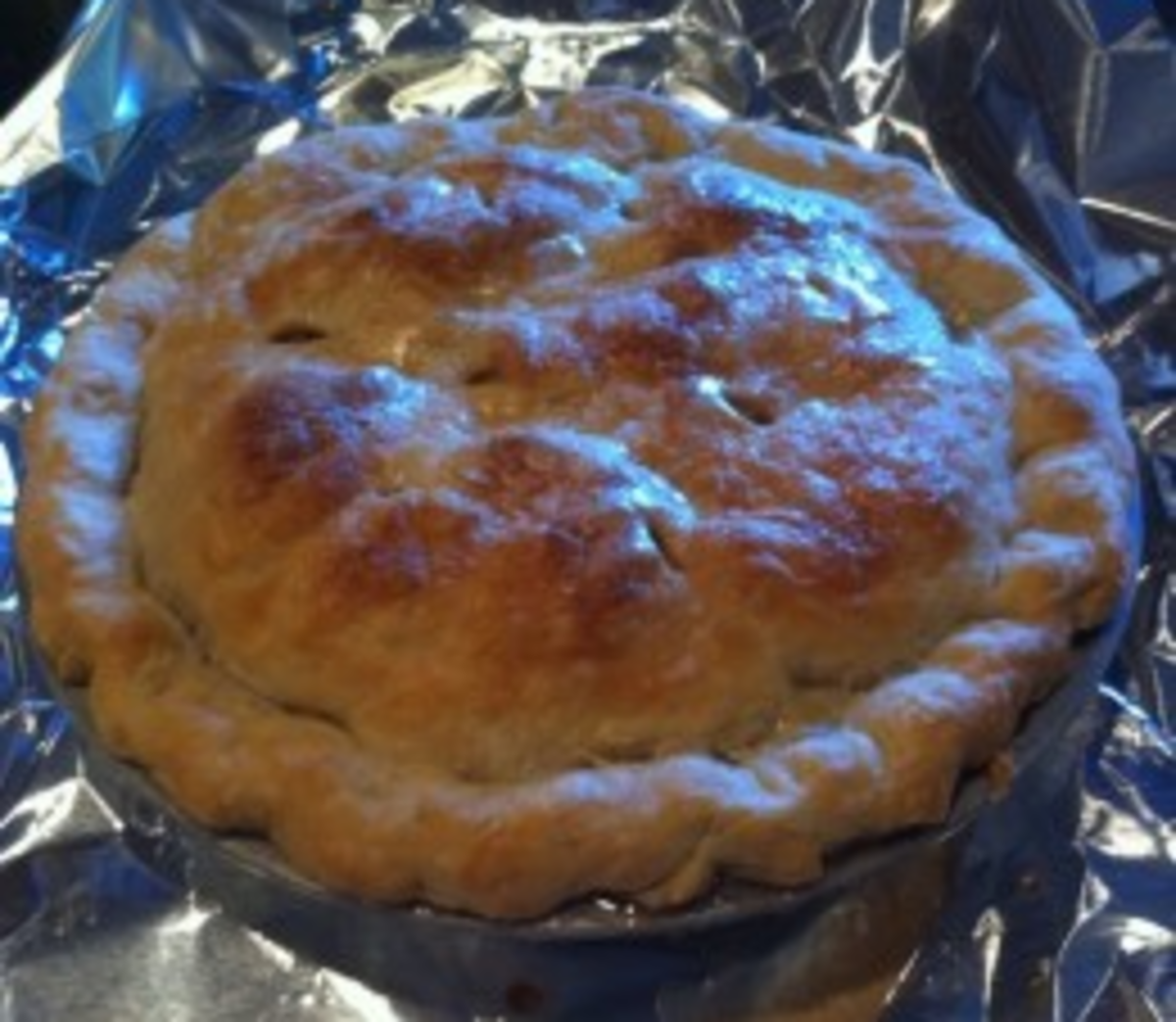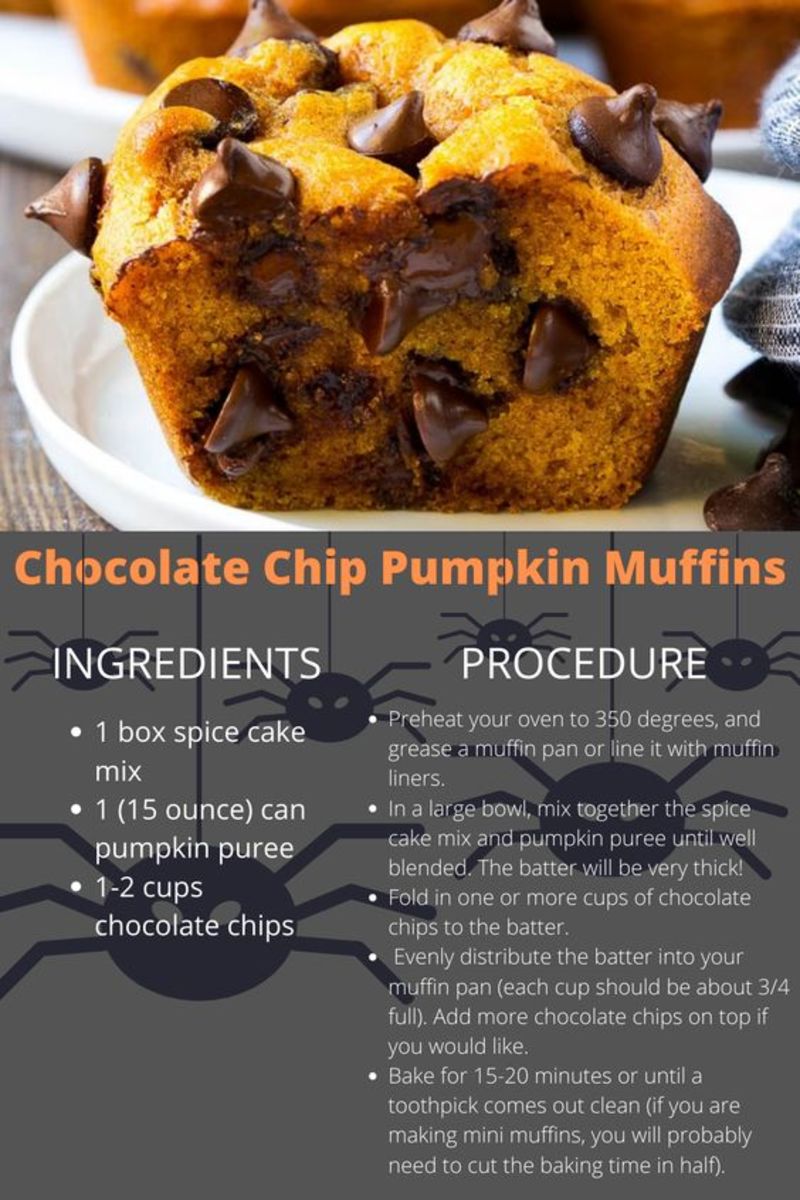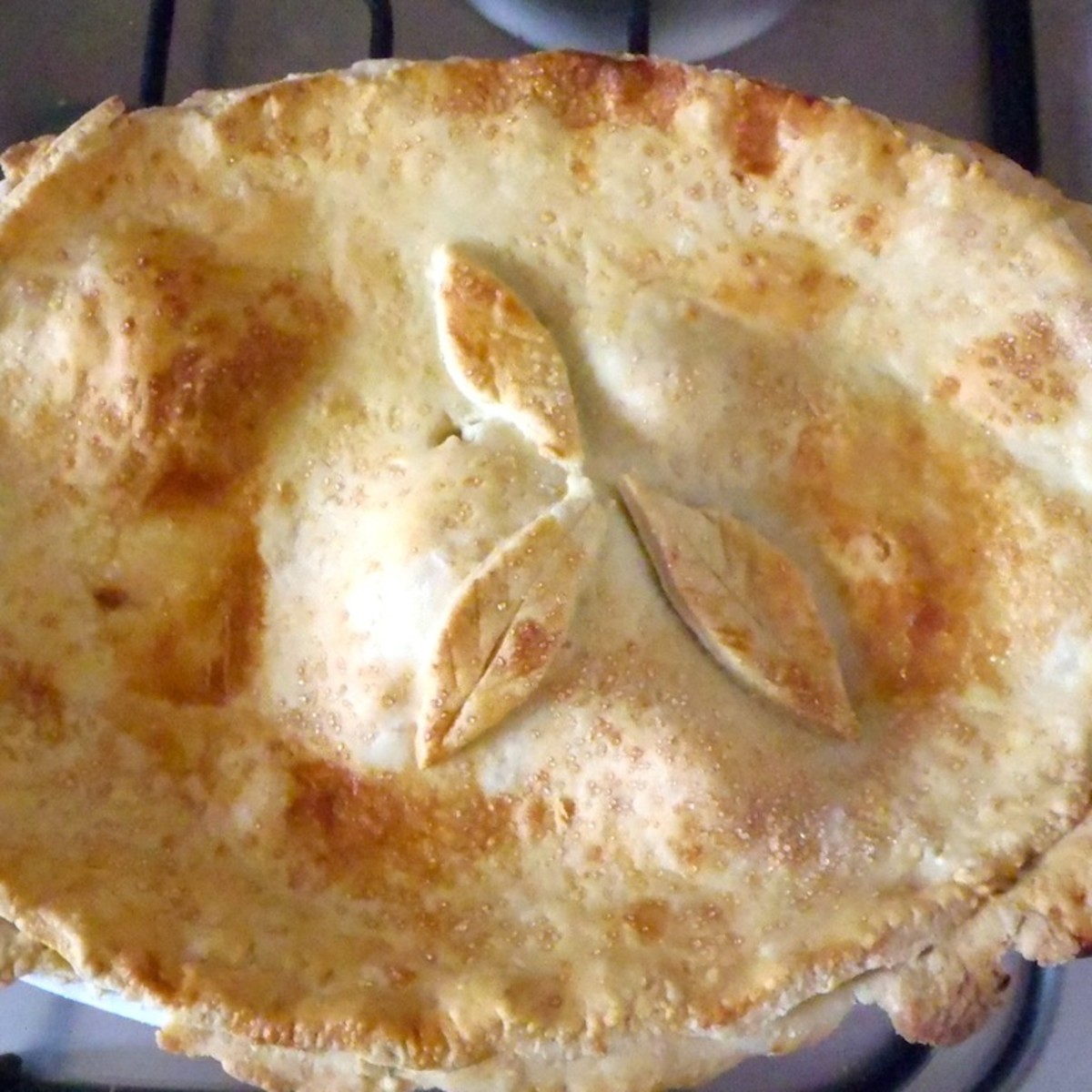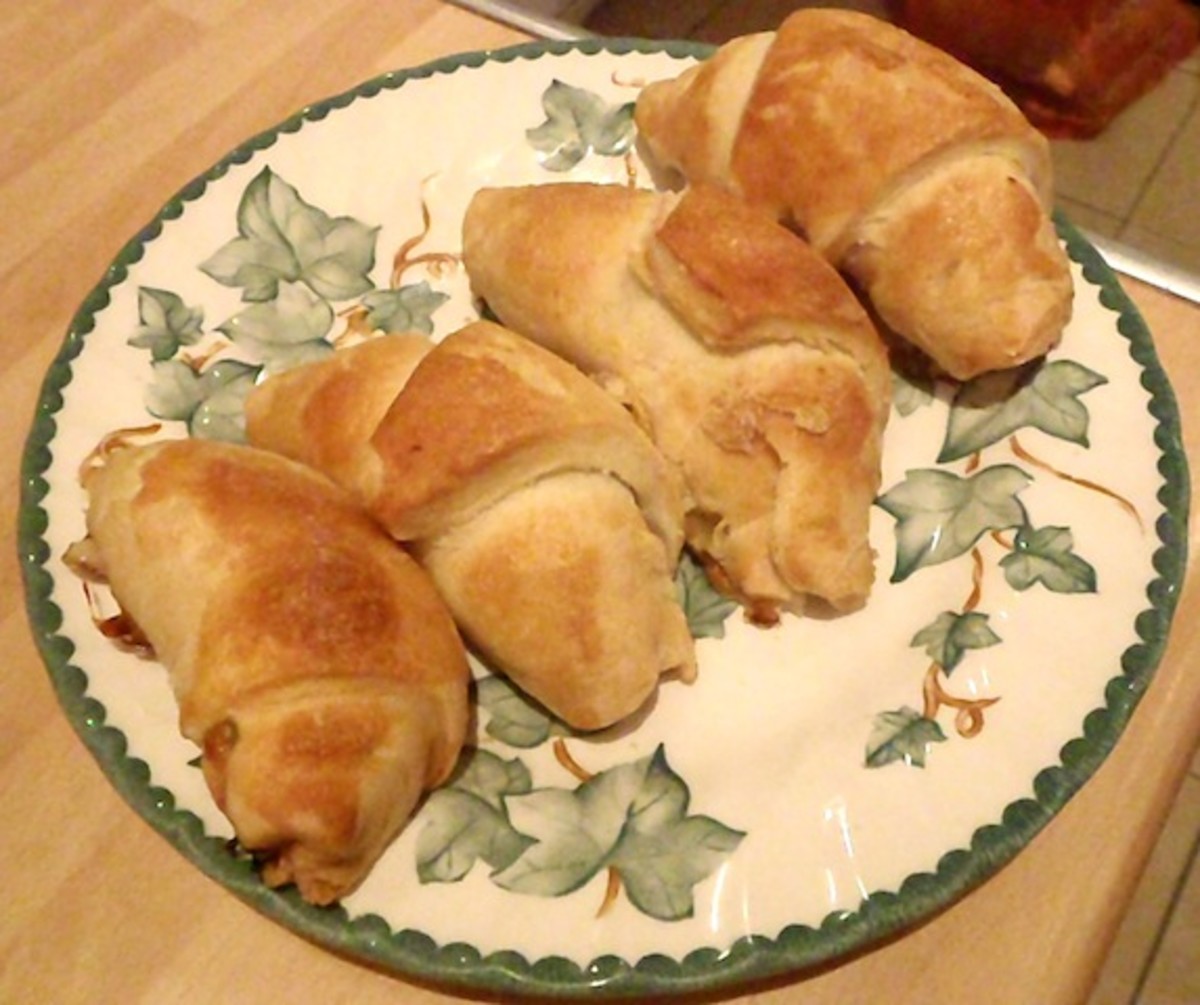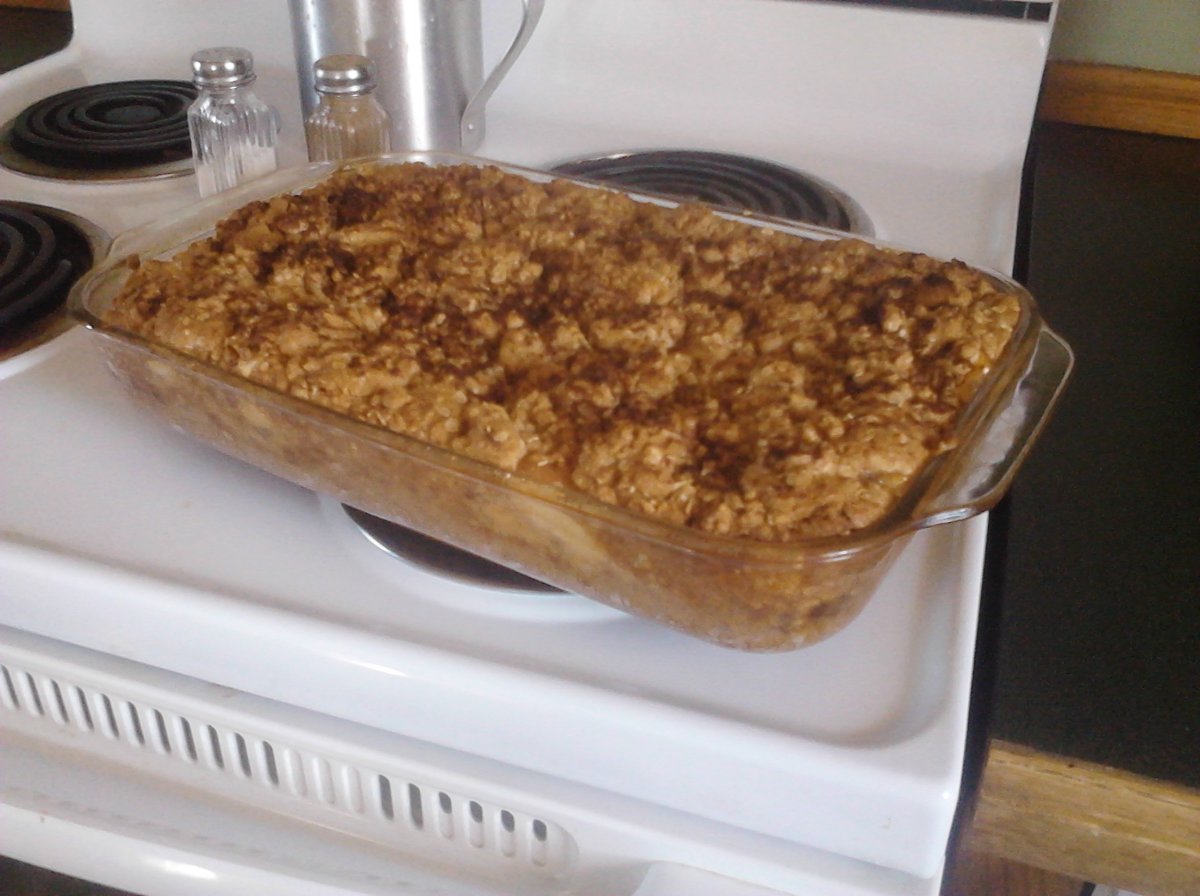- HubPages»
- Food and Cooking»
- Dessert Recipes»
- Pies & Tarts
Apple Pie Delicious "American" Treat?
Good as Apple Pie True-Blue American
If you live in the Heartland of America, it is likely that you have heard something like that at one point. It’s understood that certain things are just American. Apple Pie, Baseball, Hamburgers, Hotdogs, and even French Fries! Just like us Americans to claim the best foods and sports as our own.
How, pray tell, did apple pie become American? Do not apples grow in other parts of the world? Did they not before the Union was even formed? The answer is YES! So, when dinner is finished, and the apple pie sits prominently on the table ready for consumption, think that it has a non-aboriginal heritage to the US just like all the other transplants to this great nation.
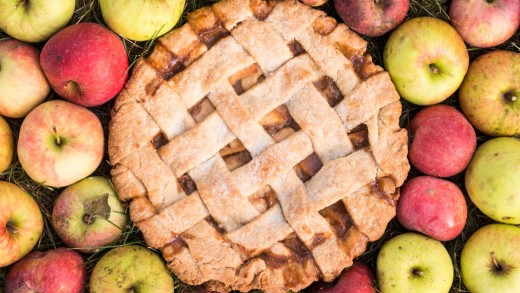
Origins of the Apple
The apple is originally from Asia. That’s right. The first recorded information about the apple available to us indicates that apples grew wild in Asia and is from the family of the ROSE! Seriously. An apple’s distant cousin is a rose.
God must have made the rose and said, “This smells good enough to eat. I will make this bush a tree bearing fruit to eat!” Out popped the apple tree! Actually, over thousands of years growing in mountainous places like China, the Apple was nurtured into the veritable edible gem that fills our fruit stands today. Not only that, it is a cultural phenome representing enticement and concealed evil. Adam and Eve are believed by many to have eaten that fruit in the Garden of Eden. It makes sense to reason it out since the apple is the fruit of a rose tree technically—roses being beautiful and lovely but the stems prick!
So, the apple is from Asia originally. Neat.
The “American” Apple
A variety of crabapple is the indigenous apple of the Americas. The big red and delicious apples most Americans are familiar with came over with the Europeans when the colonized it as early as the 17 century though some claim it was later (see here and here). Johnny Appleseed apparently did not invent the Apple as Disney led me to believe as a kid. Okay, maybe I was just the only person who thought he did it.
John Appleseed
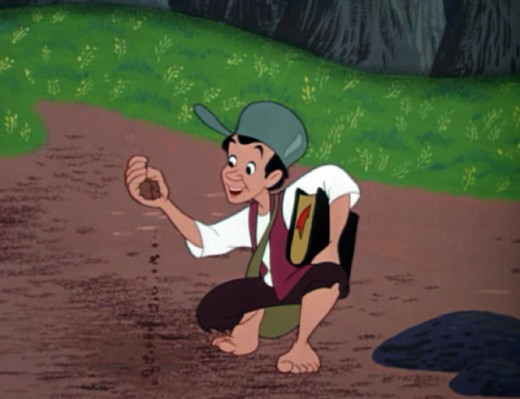

Johnny did have a significant impact on how the Apple became so famed in America. His name was John Chapman. Johnny planted apple trees in many areas from Virginia, USA to Ontario, Canada. Because of his love of apples and his brand of Christianity, he opened up the way for people to get a dose of God and a good apple fruit to snack on! I bet that he made the fruit more popular because he was so loved by his community, though they considered him eccentric.
So, the apple is from Asia, was taken to the Americas by the Europeans; and made famous by John “Appleseed” Chapman—according to me anyway.
Johnny Appleseed Song
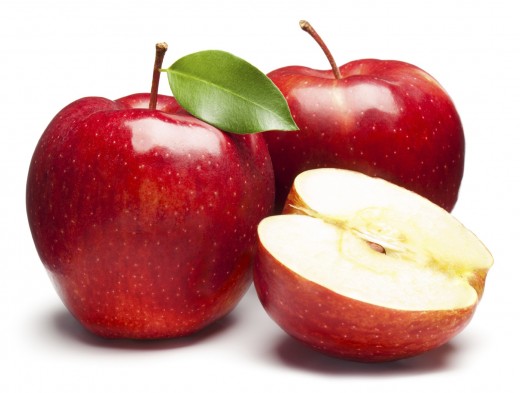
Since apples were a USA import initially, then apple pie most likely is a transplanted idea also, right? Right. Emily Upton in her article post from 2013 "Appoed Pie Isn't Really "American,"" wrote “the first recorded recipe for apple pie was written in 1381 in England, and called for figs, raisins, pears, and saffron in addition to apples.” [1]
Emily also doesn’t think that Johnny Appleseed is the reason apples are so famous in the USA culturally. Since this is my article, I chose to think Appleseed made Apples great in the US. I am a Disney Kid. It can’t be helped. Check out Emily’s article. There is no need to reinvent the wheel when she has neat things about apples written.
Best Apple Pie Recipe Web Search Result
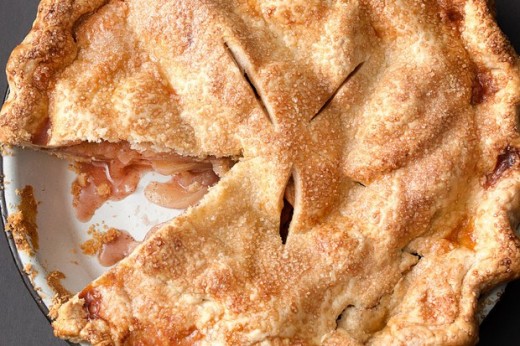
OUR FAVORITE APPLE PIE
By RHODA BOONE Epicurious November 2014
Yield: One 9-inch pie ACTIVE TIME45 minutes TOTAL TIME3 1/2 hours, plus cooling time
INGREDIENTS
-
2 3/4 cups all-purpose flour, divided, plus more for rolling
-
1 1/4 teaspoon salt, divided
-
1/3 cup plus 1 1/2 tablespoons granulated sugar, divided
-
2 sticks (16 tablespoons) unsalted butter, cut into small pieces and frozen for 15 minutes
-
1 tablespoon apple cider vinegar, chilled
-
1 large egg
-
1 tablespoon whole milk
-
3 1/2 pounds Honeycrisp, Braeburn, or Golden Delicious apples, or a mix
-
1 teaspoon ground cinnamon
-
1/4 teaspoon ground nutmeg
-
2 tablespoons lemon juice
-
Coarse sugar, for sprinkling
-
Special equipment:
-
9-inch pie pan
Click here to get full details of this recipe.
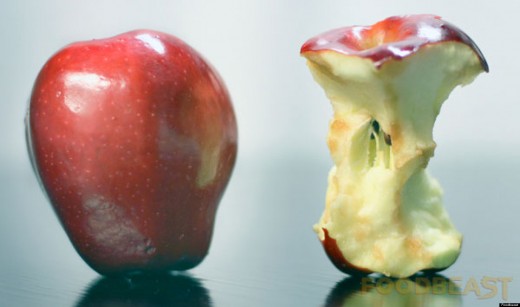
At the Core of it! Pun! Pun! Pun Intended!
Just like everything else that comes to the USA, Apple Pie has a home and an American identity now. It is as American as apple pie. It is fitting that just like most of US progenitors, apples originaste from Asia or Europe.
Take a slice of this pie.
We eat Apple Pie on Thanksgiving.
Side Note
By the by, I said most people in the US are from Asia or Europe, not all. The natives of America, the ones we call Indians are traditionally thought to come from Asia crossing the Barring Strait in Alaska. I am Black, so most of my ancestors come from Africa, via Europeans. So, I say Europeans!
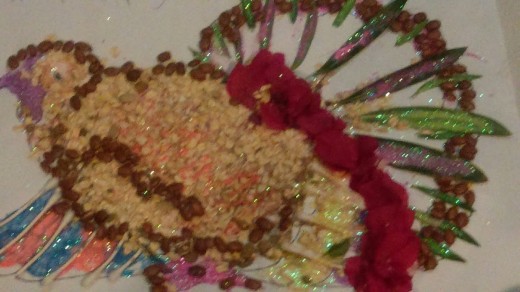
Resources Cited
- Apple Pie Isn't Really "American"
By the time apples arrived in the Americas, cooking with apples was nothing new.
This content is accurate and true to the best of the author’s knowledge and is not meant to substitute for formal and individualized advice from a qualified professional.
© 2016 Rodric Anthony Johnson

